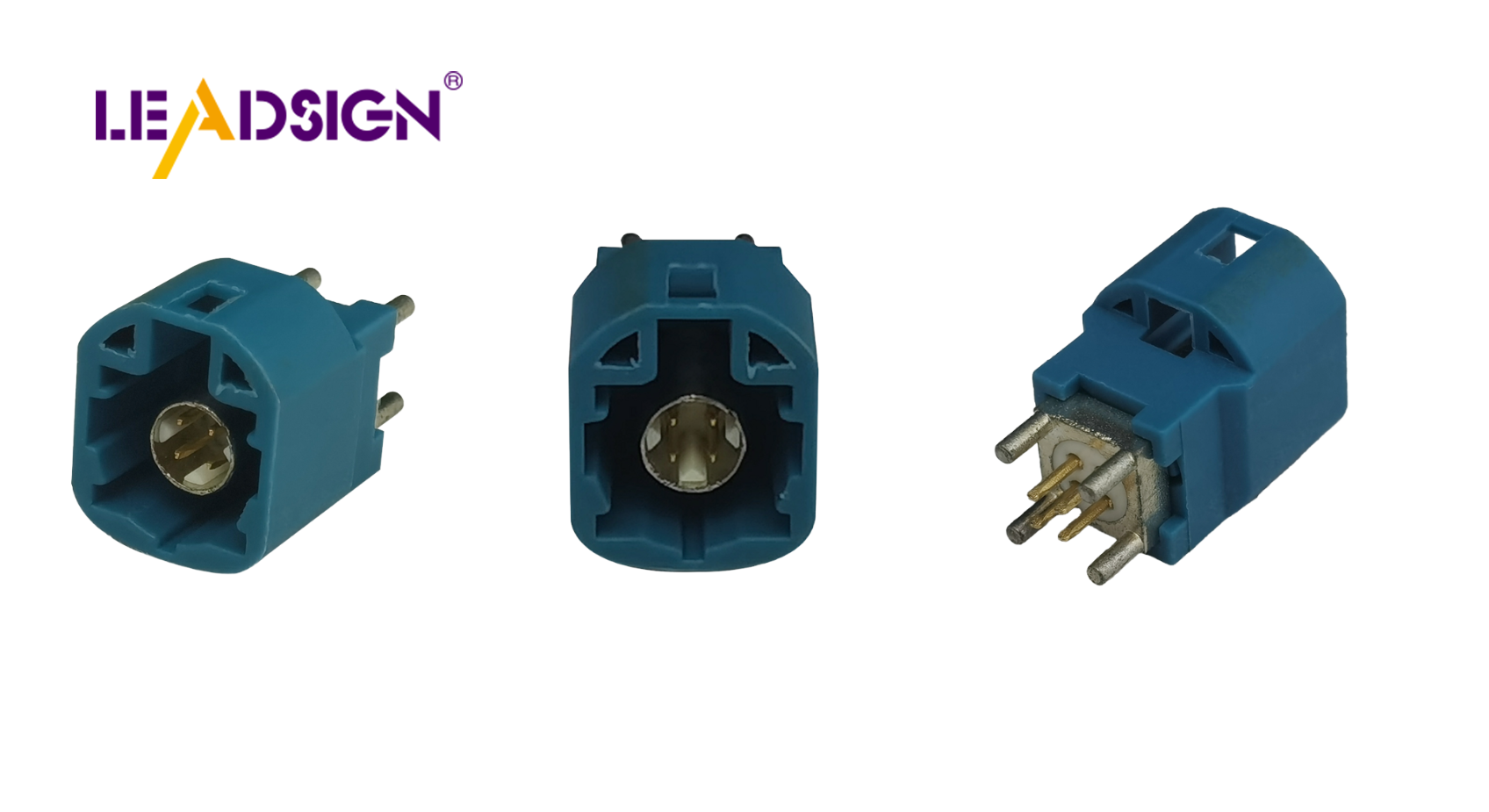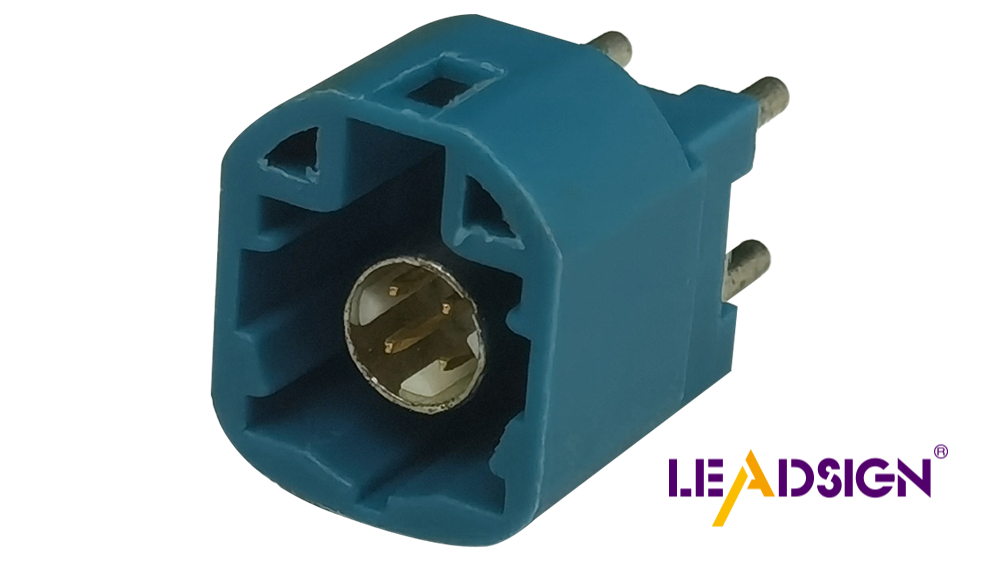Automotive Wire Connectors Types: What You Need to Know

Automotive wire connectors are crucial for your car's electrical system. They ensure stable connections, powering the engine and the music system. Imagine your car as a network of wires and connectors. Some modern vehicles feature 700 connectors and over 3,000 wires. These connectors facilitate the smooth operation of components, such as engine control and lighting. Understanding the various automotive wire connectors types is essential for maintaining your car's safety and functionality.
Common Types of Automotive Wire Connectors

Knowing different types of automotive wire connectors helps keep your car's electrical system working well. Each type has a special job for moving power and signals.
Butt Connectors
Uses and Applications
Butt connectors link two wires together. They are used in car repairs to fix or lengthen wires. They make a strong connection, perfect for many car uses.
Advantages and Disadvantages
Advantages:
Simple to use
Strong connection
Works with many wire sizes
Disadvantages:
Can't be reused
Needs crimping tools
Bullet Connectors
Uses and Applications
Bullet connectors let you quickly connect or disconnect wires. They are handy when you often need to change connections, like in lights.
Advantages and Disadvantages
Advantages:
Fast to connect/disconnect
Small size
Fits many automotive wire connectors
Disadvantages:
Might get loose over time
Only fits certain wire sizes
Spade and Ring Connectors
Uses and Applications
Spade and ring connectors attach wires to blocks or posts. They are used for battery links and grounding, giving a stable hold.
Advantages and Disadvantages
Advantages:
Strong hold
Easy to put on/off
Comes in different sizes
Disadvantages:
Must fit right size
May need extra tools to install
Knowing these automotive wire connectors types helps pick the best one for your needs. Each type is special for different jobs, improving your car's safety and performance.
Picking the Right Connector
Choosing the right connector is key for your car's safety. A wrong pick can cause problems or harm. Let's look at what to think about and mistakes to avoid.
Things to Think About
Material and Strength
Think about material and strength when picking connectors. Good materials stop rust and last long. Gold or tin-plated ones work well and protect from weather. Pick materials that suit your car's needs.
Wire Size Match
Wire size match is important too. Each connector fits certain wire sizes. A wrong fit can cause bad connections or failures. Check specs to match the wire size in your car for a strong link.
Mistakes to Avoid
Wrong Size
Wrong size is a common mistake with connectors. Too big or small can weaken connections. Measure wires and connectors before buying to avoid loose links or shorts.
Bad Installation
Bad installation can ruin good connectors. Follow steps like crimping or soldering as needed. Bad installs lead to loose wires, causing failures. Check connections often for safety.
"Our guide on electrical connectors would miss out if we didn’t talk about choosing the right pin type."
By thinking about these points and avoiding mistakes, you can choose the best connector for your car's system, keeping it safe and working well.
Troubleshooting and Maintenance
To keep your car's electrical system working well, you need to know common problems and do regular checks. Let's learn how to find issues and take care of your car's wire connectors.
Finding Common Problems
Loose Connections
Loose connections can make your car's lights flicker or lose power. This happens when connectors don't fit snugly. Check your wire connectors often to make sure they are tight. Fix any loose ones to stop more trouble.
Rust Problems
Rust is another issue for wire connectors. It happens when water and dirt build up, causing rust and weak links. Rusty connectors can cause power loss. Look for rust on your connectors. Use special greases to protect them from rusting, like in a story where a company fixed their wires with grease.
Care Tips
Regular Checks
Check your wire connectors often for damage or rust. Look closely at each one to see if it works right. Regular checks help you find problems early, saving money later.
Cleaning and Care
Clean your connectors gently with a brush or cloth to remove dirt. Don't use strong chemicals that might harm them. Put a little grease on them to stop rust and keep them working smoothly. This easy step makes your wire connectors last longer.
By knowing these problems and following these tips, you can keep your car's electrical system running well. Taking care of your wire connectors will improve how well your car works.
In this blog, you learned about different car wire connectors. Each type, like butt and bullet connectors, has a special job. They help your car work well. Picking the right connector is important for safety and how well things work. It affects how reliable they are and how they handle heat. By knowing these connector types, you can make smart choices to improve your car's performance and life span. Remember, choosing the right connectors keeps your car safe and makes it run better overall.
See Also
Essential Guide to HSD Connectors in Auto Sector
Significance of FAKRA Connectors in Auto Uses
Key Role of Fakra Auto Connectors in Modern Cars

